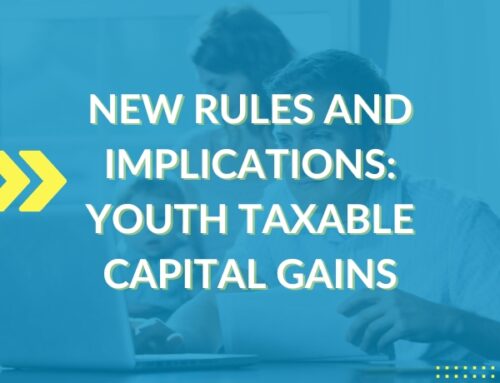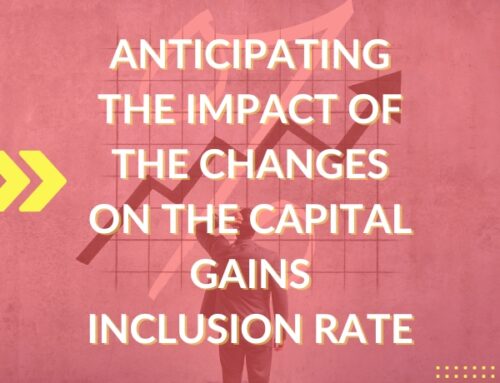— April 16, 2024 —
As CPAs, we pride ourselves on guiding clients through the complexities of tax with precision, certainty and expertise. Yet, amidst the intricacies of tax law, there lurks a potential pitfall that demands our heightened attention: the classification of businesses as Personal Service Businesses (PSBs) under the Income Tax Act (Canada).
Understanding the Rules for PSBs
As you will recall, a PSB is defined as a business conducted by a corporation where a specified shareholder or a related party, known as the “incorporated employee,” provides services to an entity. If, in the absence of the corporation, the incorporated employee could reasonably be considered an officer or employee of the entity, the business may fall under the PSB classification. Importantly, a PSB is not applicable if services are provided to an associated corporation, i.e., one under common control with the service provider.
Restrictions and Disadvantages
The tax implications of being classified as a PSB are significant. Deductions for a PSB are limited to specific expenses, such as salaries, wages, benefits, and certain legal costs. Moreover, PSBs do not qualify for the small business deduction or general corporate rate reduction, resulting in higher taxation rates compared to regular corporate income.
The CRA’s Pilot Project and Key Findings
In 2022, the Canada Revenue Agency (CRA) launched a pilot project aimed at identifying PSBs nationwide. The project underscores the importance of heightened vigilance among CPAs and their clients. Key findings from the CRA’s initiative highlight the need for thorough compliance with PSB regulations. Risk-mitigating tips include:
1. Conducting comprehensive reviews of corporate structures and service agreements
2. Ensuring proper documentation of services rendered and associated expenses
3. Staying abreast of evolving tax regulations and interpretations
The Ease of Missing PSBs
Despite our best efforts, identifying PSBs can be challenging. The nuanced criteria for classification require a meticulous examination of each client’s business operations and relationships. The consequences of overlooking a PSB can be severe, both for the client and for us as CPAs.
The Dangers of Misclassification
For clients, the repercussions of misclassification can include loss of tax benefits and financial penalties. As CPAs, the professional risks are equally daunting. In addition to reputational damage, we may incur costs to reimburse clients for interest and penalties resulting from improper claims.
A Call to Action
In light of the heightened audit activity surrounding PSBs, it is imperative that you exercise increased vigilance in your advisory role. Regular updates on tax laws and regulations, coupled with thorough due diligence in client engagements, are paramount. As part of our commitment to excellence, we encourage fellow CPAs to explore resources such as the tax courses we offer, which provide valuable insights into navigating complex tax scenarios like PSBs.
In the intricate landscape of Canadian tax law, the classification of businesses as PSBs is just one example of risks in client files to be avoided. Through heightened awareness, thorough compliance, and ongoing education, we can navigate these challenges with confidence and ensure the continued success of our clients and our profession.






